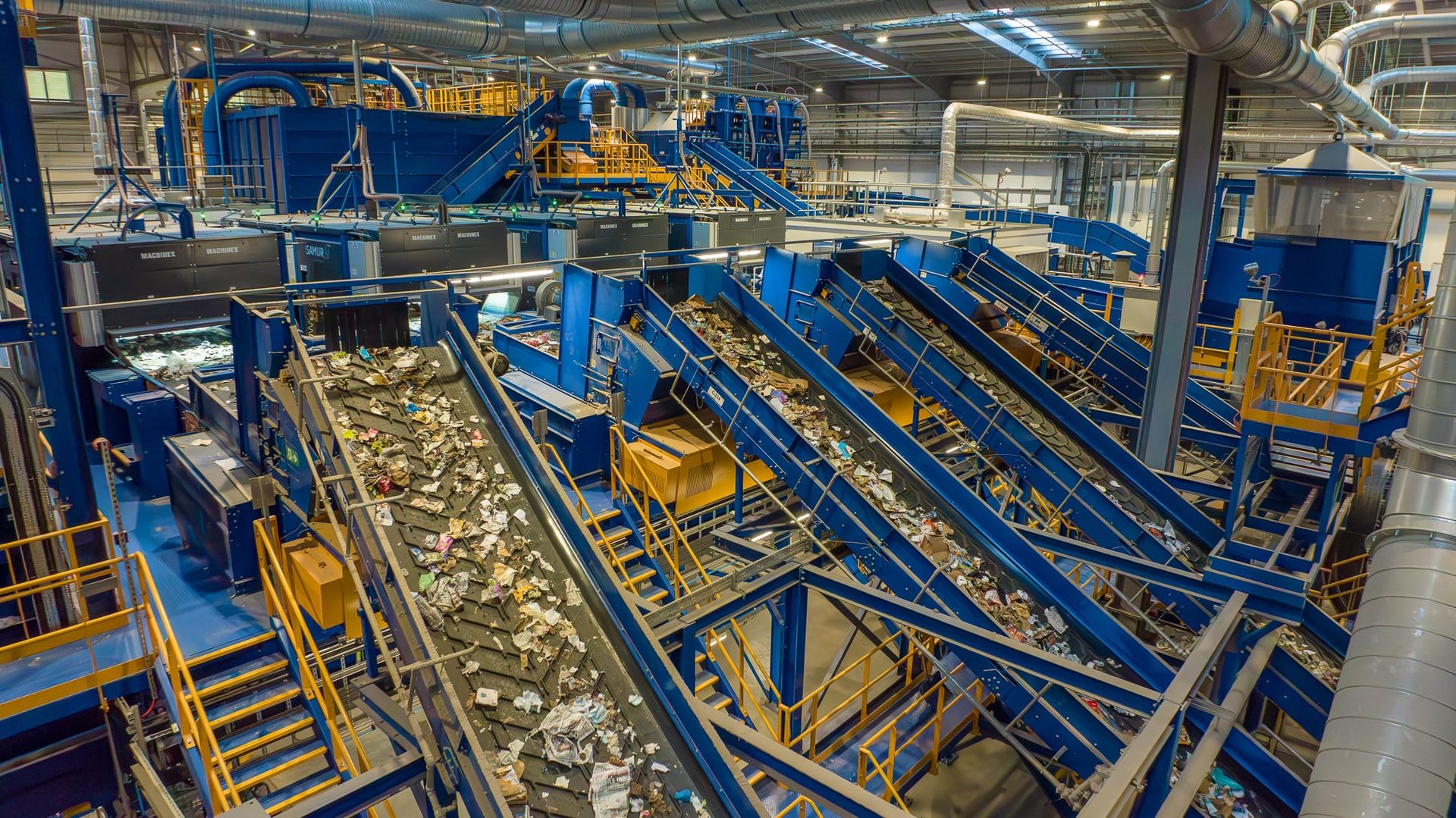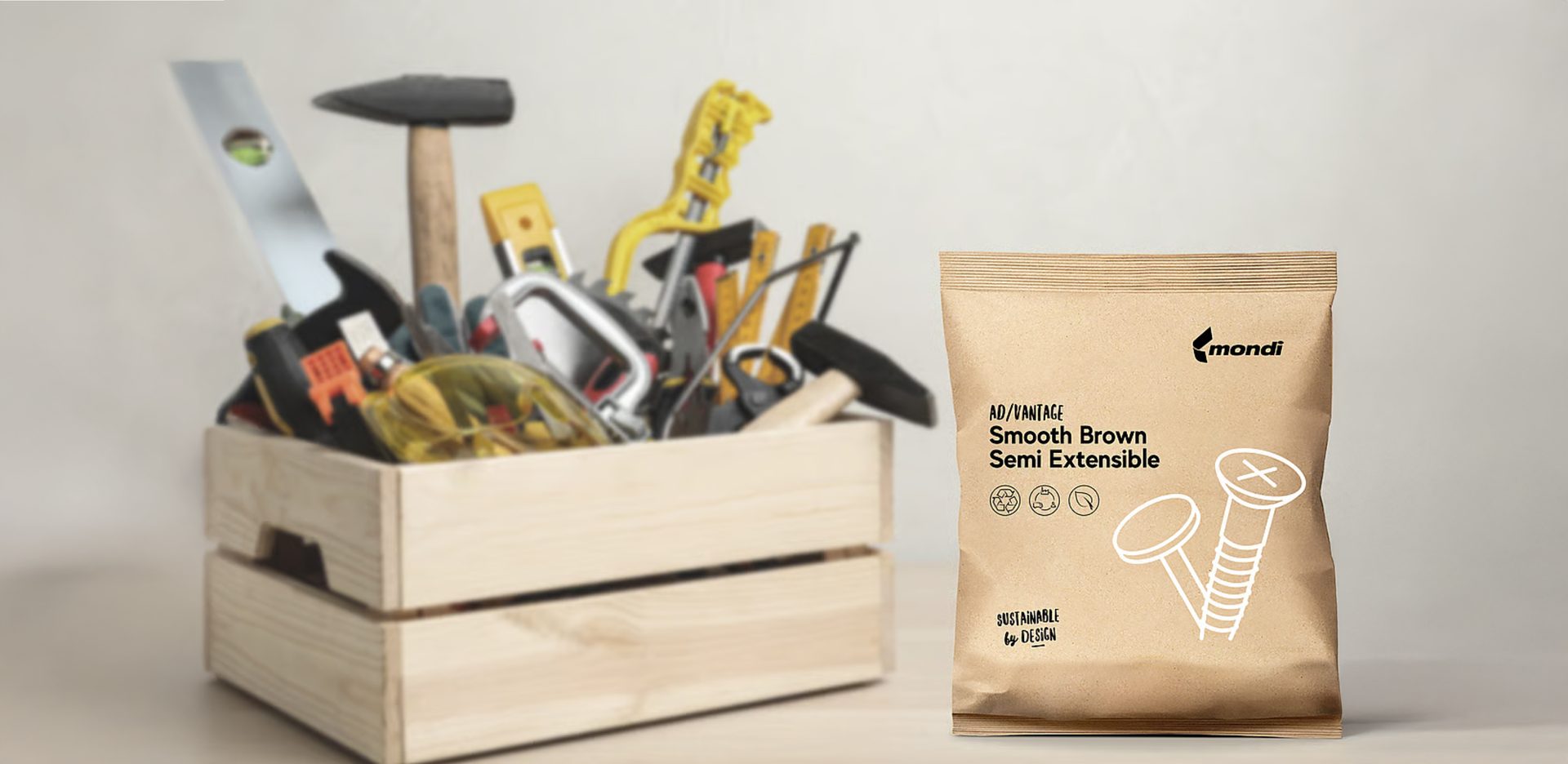Collective Action on Sustainable Packaging


Brad Addington
We look at three groups approaching packaging sustainability from three different angles: adopting modern packaging equipment, recycling flexible plastic, and harmonizing data collection to meet EPR requirements.
A lot of sensationalistic headlines and articles adopt a defeatist attitude when it comes to efforts to render packaging more sustainable. I don’t buy into the doom and gloom. Thousands of brilliant minds are laser-focused on solutions to packaging waste, and progress is being made.
A lot of our reporting at Packaging Strategies concerns specific sustainable packaging options, and it’s important to get the word out on home-compostable packaging, reduced-plastic packaging, and mono-material packaging, just to cite a few examples.
However, sometimes it’s nice to step back and take a broader bird’s-eye view of sustainable packaging initiatives, and that’s what I plan to do in this column by highlighting a few groups that recently came to my attention.
Barcelona Packaging Hub
I only recently became aware of Spain’s Barcelona Packaging Hub (BPH), which aims to give visibility to packaging machinery manufacturers in Barcelona and also “provide the best solutions for the industry’s needs in the packaging sector.”
BPH recently released an analysis highlighting the main challenges the packaging industry must address in order to move toward a truly sustainable future.
“Sustainability goes far beyond material selection. It requires redesigning packaging under ecodesign criteria, ensuring compatibility with real recycling streams, generating reliable and comparable data for decision-making, scaling pilot projects without compromising performance, and assessing the total cost of ownership (TCO) instead of focusing solely on material price,” BPH says, adding that innovation in packaging machinery is “a decisive factor in this transformation.”
“Modern equipment enables adaptation to new materials, design optimization, and solution validation under real production conditions ensuring functionality, safety, and efficiency,” BPH says.
BPH’s full article on “Challenges for a sustainable packaging industry” can be found here.
Flexible Plastic Fund
Meanwhile, in early September, the Flexible Plastic Fund (FPF) launched its FlexCollect report, which includes a blueprint for future collections and recycling of flexible plastic packaging.
The report — a comprehensive paper spearheaded by EcoSurety detailing key findings from the UK’s biggest flexible plastic curbside recycling collection project — has found that commingled flexible plastic collections are achievable if state-of-the-art infrastructure receives appropriate investment.

Data included in the FlexCollect report from Sherbourne Recycling’s materials recycling facility (MRF) in Coventry (shown) suggested that fully commingled processing of flexible plastic packaging, loose with other dry mixed recycling (DMR), is possible with sufficient investment in sorting infrastructure.
Courtesy of Sherbourne Recycling
With mandatory curbside collections set to be rolled out from 2027, a key objective of the program was to help local authorities, packaging producers, policy makers, and the wider plastics value chain better understand consumer behaviors and be armed to tackle common barriers. As part of the initiative, collection trials were undertaken across nine different waste collection authorities over a three-year period.
The major takeout from the report was the conclusion that flexible plastic packaging can be effectively and practically incorporated into existing collection systems and infrastructure, with minimal disruption to authorities or operators. Detailed modeling work identified that the provision of a 40-micro collection bag — filled and placed inside (or next to) an existing recycling container — would prove a robust and efficient solution to capture flexible plastic packaging without requiring additional crew or amended rounds.
The 2025 FPF FlexCollect report — including its blueprint, the executive summary, and the key insights from the three-year project — is available to download on the FPF website.
Sustainable Packaging Data Council
Last but not least, Specright, a leader in Specification Management software, recently announced the formation of the Sustainable Packaging Data Council, a new collective with the goal of harmonizing data to impact packaging sustainability.
The newly formed council aims to create templates of data requirements for Reporting Entities/Brand Owners that will guide the packaging supply chain in meeting expectations and enhancing awareness and quality of information for Extended Producer Responsibility (EPR).
Founding members include: leading retailers and brands like Costco, Tyson Foods, Central Garden & Pet, Sonoco, and Atlantic Packaging; industry analysts; and academia programs like Michigan State University.
To learn more about the Sustainable Packaging Data Council, click here.

